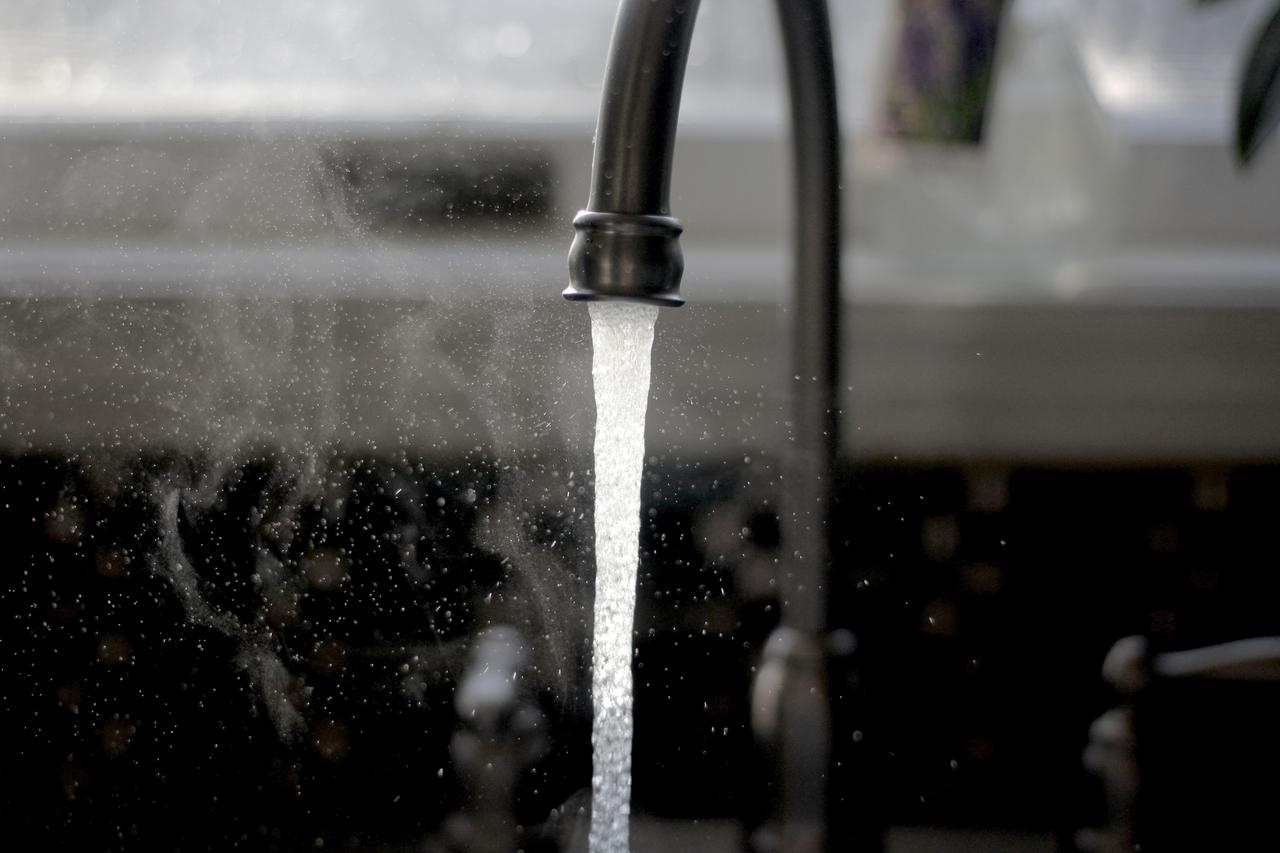Private well water systems make household water available in residential areas beyond the reach of municipal water systems. Wells are drilled to access pools of water below the ground's surface called aquifers. Well water for private homes is unregulated. This means property owners are responsible for well water treatment.
Read on to learn about well water systems and how to ensure cool, clear water is readily available for your household needs.
A private well is a water system for a residence that is created by accessing pools of water below the ground called aquifers. There are three types of drinking water wells:
Whichever type of well water system serves your residence, there are common maintenance issues calling for well water treatment.
Well water treatment options are available for all common well water problems. Here are some common problems faced by private well owners:
Hard water is created when minerals such as calcium and magnesium are dissolved in high quantities in the water. These excess minerals in well water come from the ground around the well. Municipal water systems often come from surface water, are less likely to have elevated mineral contents, and are soft.
You remedy hard water with a water softener system that uses a salt brine to release the minerals in the water. As the water cycles through the softener, minerals are released and the water tastes better, cleans better, and is more gentle on the plumbing system.
Changing environmental conditions can affect the quality of your well water. Flooding, septic system maintenance, and agricultural runoff are just a few sources of contamination.
While well water is less susceptible to contamination than surface water sources, it is important to regularly monitor the quality of your well water. The EPA recommends your water be tested annually. If you notice a change in the odor, flavor, or color of your well water, you should schedule a test.
Annual maintenance of your well water system will keep your family safe and your home sparkling clean. Aqua Doctor offers well water treatment options for all well water issues. Here are some reasons to contact our expert team for well water maintenance:
Aqua Doctor is your well water expert in Suffolk County! We're happy to meet your well water treatment needs! Get in touch and set up an appointment today.
Stay updated on our news and events! Sign up to receive our newsletter.
